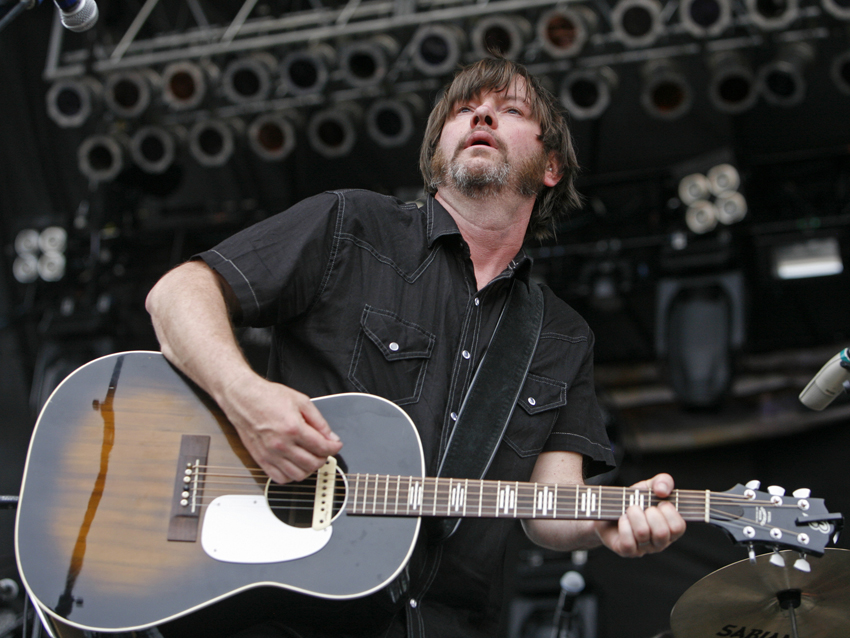
Son Volt's Jay Farrar picks 10 essential country albums
“I’ve always been drawn to country music of the 1950s and early 1960s," says Jay Farrar, singer, guitarist and leader of the alt-country band Son Volt. "There was such energy in the recordings of that time period. I love the innovations that were taking place as far as pedal steel and different string combinations. That was all happening simultaneously with the advances in recording technology of the time. There was a fresh vibe to the early country records; those musicians would try anything."
On Son Volt's latest release, Honky Tonk, Farrar and his bandmates (David Bryson, drums; Mark Spencer, keyboards, bass, pedal steel; Gary Hunt, fiddle, mandolin, guitar; and Andrew Duplantis, bass) continue to spread the waters of traditional American music. With an emphasis on acoustic instruments (including twin fiddles) and two-step tempos, the sound of Honk Tonk, as the title suggests, is as far and away from today's polished country sound as you can get.
All of which suits Farrar just fine, who admits that that he doesn't seek out modern country music. "Sometimes I'll hear something in passing, if it’s on a TV channel or whatever," he says. "Contemporary country is essentially whatever is selling, so whatever is selling is therefore country music. Which, in theory, is great – if there’s a cross-pollination of styles, it can have great results." He thinks for a second, then adds pointedly, "I just don’t know if we’ve seen that yet."
Farrar, who with Jeff Tweedy co-led the wildly influential country-rock band Uncle Tupelo before he formed Son Volt in 1995, first heard country music by way of his father, Jay Sr., who played traditional American records in the house. However, Farrar says that he didn't fully embrace the genre till he was well into is teens.
"The Beatles covering Buck Owens, who was a huge influence on them – that helped me start to put the pieces together," he says. "At school, I was something of an outsider because I listened to garage and punk rock. I just wasn’t listening to the stuff that was on the radio. You heard the same songs over and over, so I was looking for something new. The country records that were made decades earlier filled the gaps."
On the following pages, Farrar, an inveterate music collector, looks through his extensive library and picks out what he considers to be 10 essential country recordings.
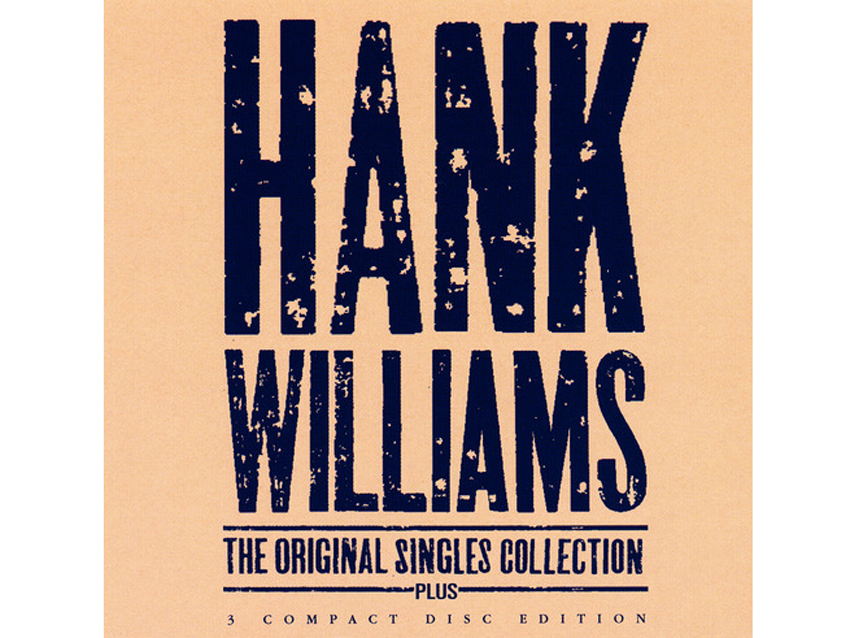
Hank Williams - The Original Singles Collection (1990)
“To me, this is the essence of country music. The songs are top-notch, and the performances of Hank and the band are dramatic. Don Helms on pedal steel is kind of making a bridge from Montgomery, Alabama, to Hawaii. I love the fact that he brought those elements together. He wasn’t the only guy to do this, but he might be the most well known.
“There’s so many great songs – you really can’t go wrong. Anybody who’s ever seen The Last Picture Show knows how incredible Hank’s songs are. You can put this collection on and the movie will flash before your eyes.”
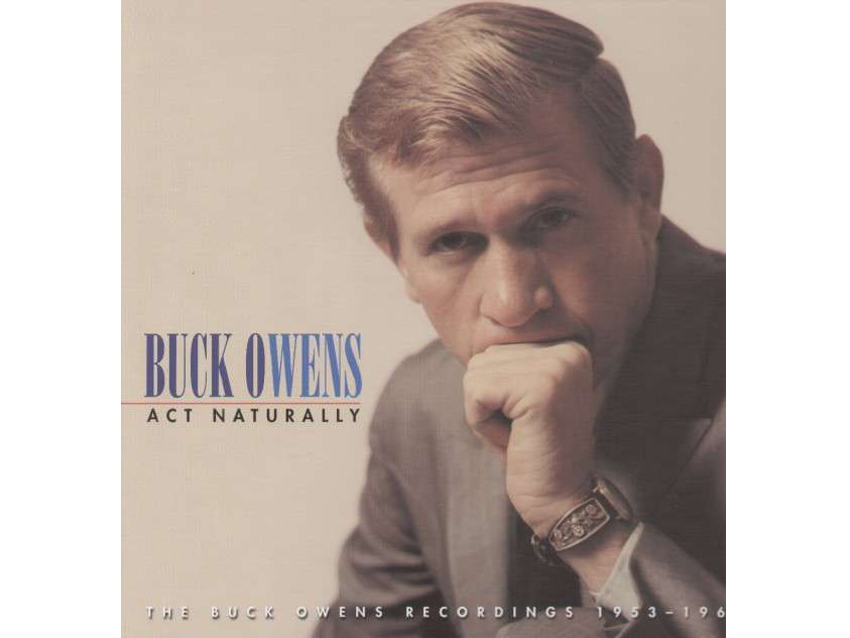
Buck Owens - Act Naturally: 1953 - 1964 (2008)
“A fantastic collection. Because I was learning to play pedal steel guitar, I was particularly drawn to the playing of Ralph Mooney, who is all over this music.
“Buck brought a real rock ‘n’ roll energy to country music, and being that he was from Bakersfield and not Nashville, that meant that his sound could be very much his own and could organically develop.
“One of the great things about the music on the box set is that there’s not a lot of backup singers and extraneous strings. The pedal steel of Ralph Mooney is frenetic and always in tune – no easy feat.”
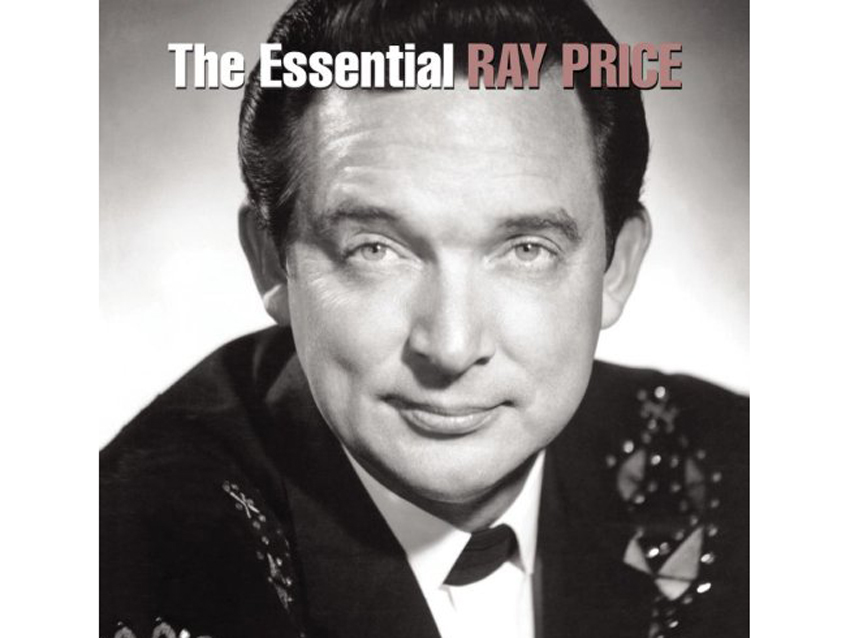
Ray Price - The Essential Ray Price (2007)
“Great harmonies, a terrific twin-fiddle sound and a whole lot of shuffle beats. Ray was originally styled after Hank Williams Sr., but he soon went off in a different direction.
“I don’t exactly remember how I discovered Ray Price. I was probably just looking around in a record store and came across this set. Or perhaps I read about him in Nick Tosches’ book [Country: The Biggest Music In America] about how early Ray was very much like Hank Sr. – that might have been enough to put me on the search. In any event, I'm glad I found out about him."
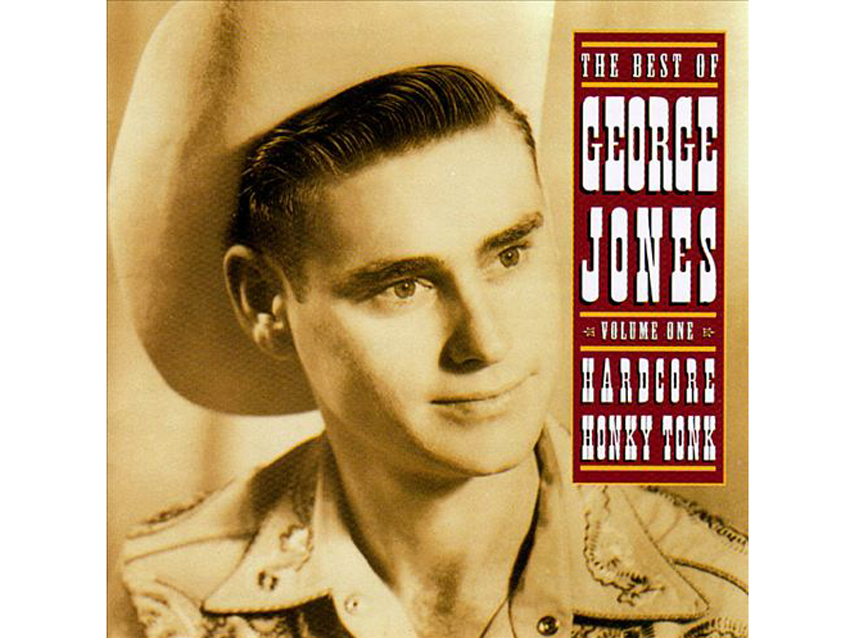
George Jones - The Best Of George Jones, Volume One: Hardcore Honky Tonk (1991)
“This is a compilation of George’s years on Mercury records. He stands in a class all his own in terms of vocal ability: He can make you laugh, he can make you cry, and he can do that with his voice and his haircuts.
“There’s a lot of beautiful twin-fiddle playing on this material. I don’t know who the musicians are, but what they do is unparalleled in the world of country. It sort of an inspiration for me to delve into that sound on Son Volt’s recordings.”
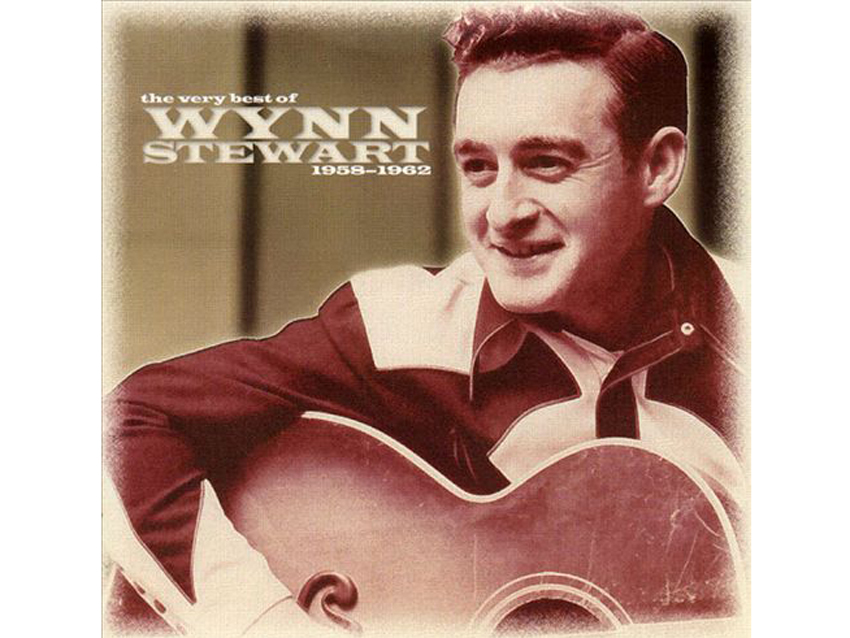
Wynn Stewart - The Very Best Of Wynn Stewart 1958 - 1962 (2001)
“Like Buck Owens, Wynn Stewart was another Bakersfield guy. Wynn also brought a rock ‘n ‘ roll sensibility to his music, and once again, he had Ralph Mooney playing pedal steel.
“Another Day, Another Dollar and Playboy and fantastic; both are high-energy songs that really capture a different kind of intensity in country music.”
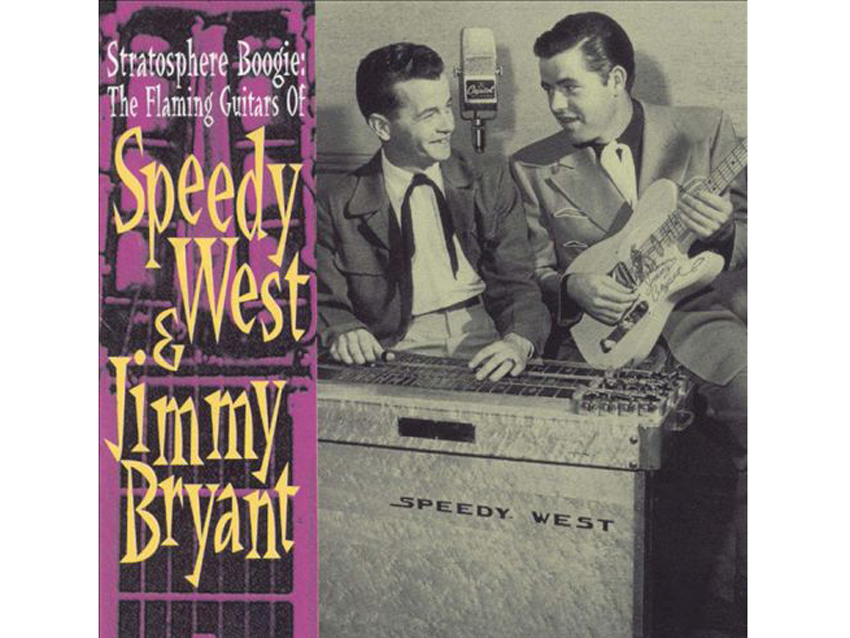
Speedy West and Jimmy Bryant - Stratosphere Boogie: The Flaming Guitars of Speedy West and Jimmy Bryant (1995)
“Those guys took Western swing and made it their own sound. The level of musicianship on these songs is absolutely incredible.
“I was floored the first time I heard this record; it sounds like it’s from another planet. I don’t think that anybody in a contemporary setting could re-create the kind of musicianship that was just innate with these guys.”
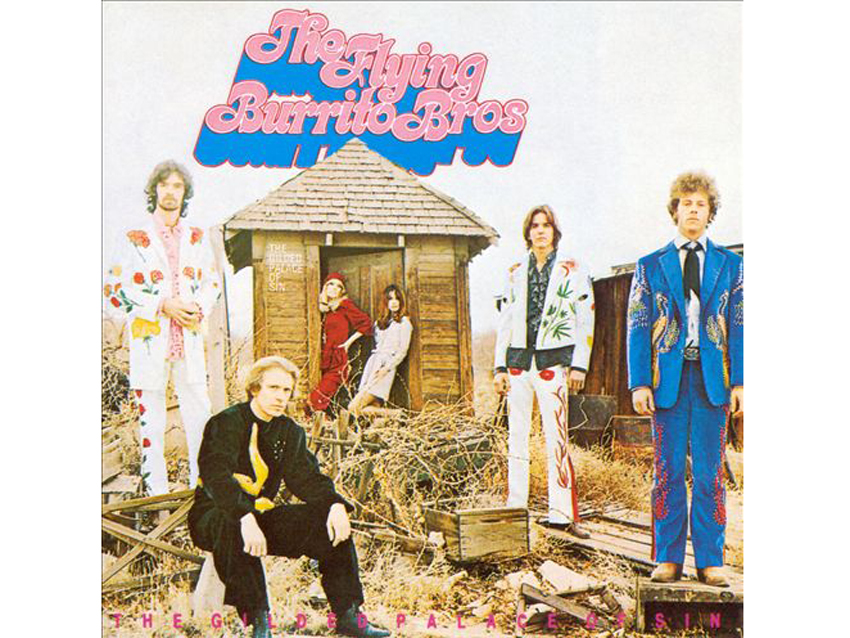
The Flying Burrito Brothers - The Gilded Palace Of Sin (1969)
“This record challenged existing perceptions about what country music was in terms of the visual, cultural and sonic aspects of the genre. It was probably the first record that I came across where I could tell thatthe guys believed in country music, yet they were coming at it from a different place. That’s something I could relate to.
“Their background was more rock ‘n’ roll, and with Gram Parsons it might have been more folk-rock, as well. They were not afraid to mix elements of rock and country, and they were certainly influential in that regard."
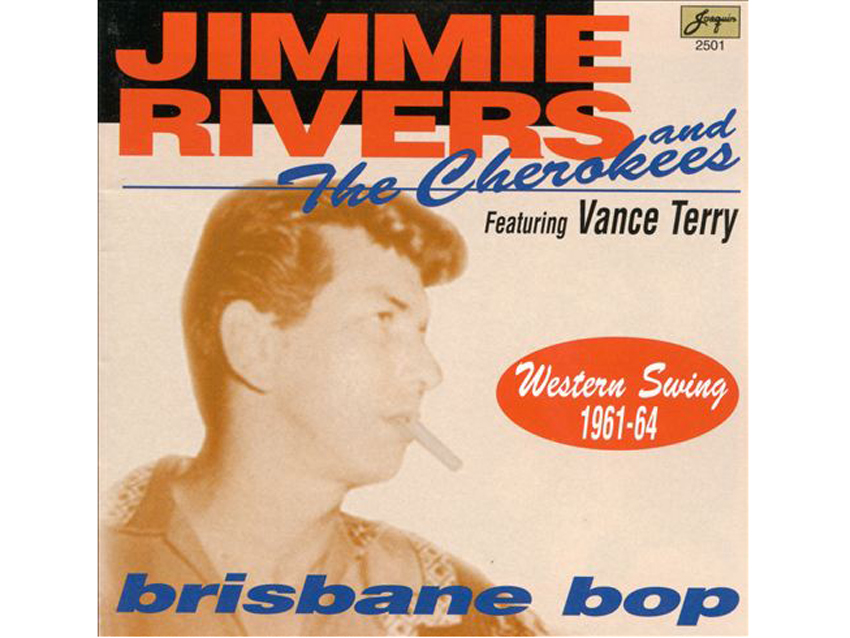
Jimmie Rivers And The Cherokees - Brisbane Bop (1995)
“This picked up where Jimmy West and Speedy Bryant left off. The music on this collection was recorded, I think, in the early 1960s, and was inspired by Jimmy and Speedy, although these guys took it to another level.
“Once again, what they were doing sounds like it came from another planet. I got it when Big Sandy & His Fly-Rite Boys were opening for Son Volt. Their guitar player [Ashley Kingman] recommended it to me, and I’m glad he did. Incredible stuff.”
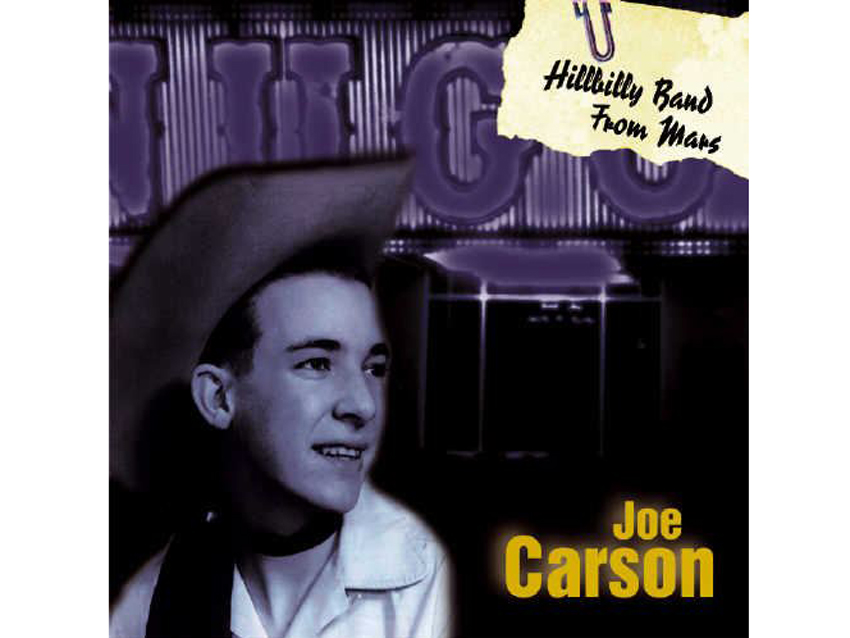
Joe Carson - Hillbilly Band From Mars (2002)
“Joe Carson was from Texas, and he died in a tragic car accident [in 1964 at the age of 27]. He started making records when he was still very young – I think he was around 15. He made some of the best country records in existence, but for whatever reason, he never really found his footing and didn't become very well known. I don't believe he toured that much.
“He did have his admirers, though. George Jones was a fan, and at one point the two of them got together and disappeared on a bender for a few days. There’s a little bit of George in his sound, and some John Lee Horton, too. He might never have found his real place in the business, but he was certainly talented.”
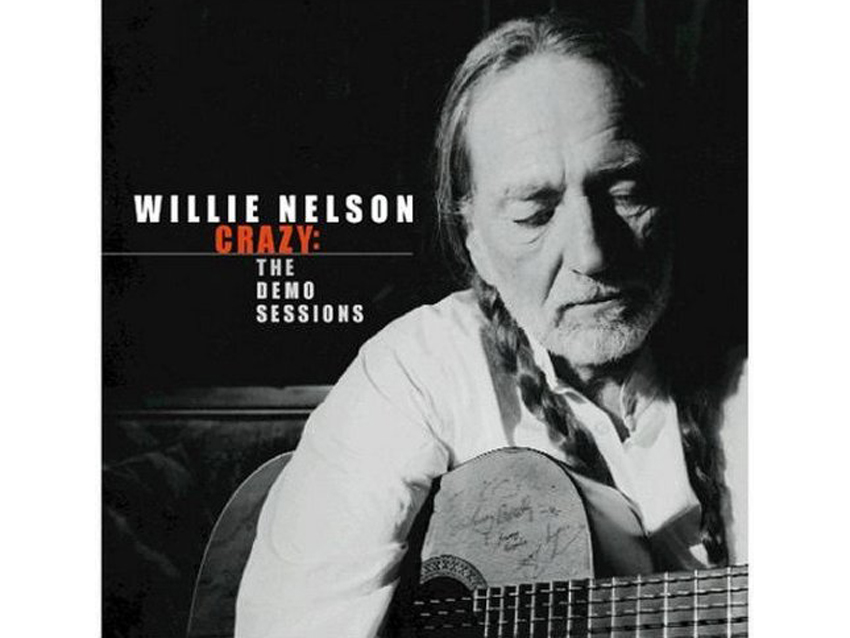
Willie Nelson - Crazy: The Demo Sessions (2003)
“The incredible thing about this record is that you get to witness Willie in his development during the early days. It’s all pretty special.”
"It's another side of Willie. Some of it’s really stark and unadorned, just Willie and a guitar. I think the original purpose of some of these recordings was for Willie to document some songs for his publishing company. Others songs have Willie with a stripped-down band, which I think it great. It's interesting to hear him when he was just developing his craft. He was already so talented before hardly anybody knew who he was."

Joe is a freelance journalist who has, over the past few decades, interviewed hundreds of guitarists for Guitar World, Guitar Player, MusicRadar and Classic Rock. He is also a former editor of Guitar World, contributing writer for Guitar Aficionado and VP of A&R for Island Records. He’s an enthusiastic guitarist, but he’s nowhere near the likes of the people he interviews. Surprisingly, his skills are more suited to the drums. If you need a drummer for your Beatles tribute band, look him up.
"At first the tension was unbelievable. Johnny was really cold, Dee Dee was OK but Joey was a sweetheart": The story of the Ramones' recording of Baby I Love You
"Reggae is more freeform than the blues. But more important, reggae is for everyone": Bob Marley and the Wailers' Catch a Fire, track-by-track
"At first the tension was unbelievable. Johnny was really cold, Dee Dee was OK but Joey was a sweetheart": The story of the Ramones' recording of Baby I Love You
"Reggae is more freeform than the blues. But more important, reggae is for everyone": Bob Marley and the Wailers' Catch a Fire, track-by-track









